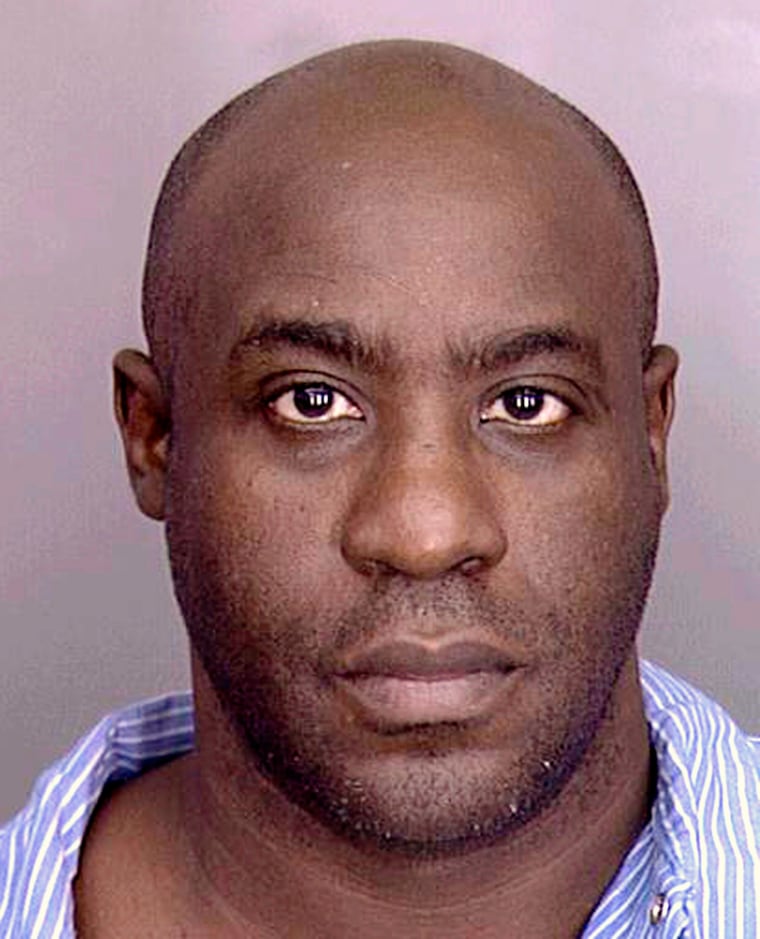A man who spent more than 27 years in prison for a murder he did not commit was freed Tuesday, after being incarcerated longer than any other wrongfully convicted U.S. inmate cleared by DNA testing
James Lee Woodard stepped out of the Dallas courtroom and raised his arms to a throng of photographers. Supporters and other people gathered outside the court erupted in applause.
"No words can express what a tragic story yours is," state District Judge Mark Stoltz told Woodard at a brief hearing before his release.
Woodard, cleared of the 1980 murder of his girlfriend, became the 18th person in Dallas County to have his conviction cast aside. That is a figure unmatched by any county in the United States, according to the Innocence Project, a New York-based legal center that specializes in overturning wrongful convictions.
"I thank God for the existence of the Innocence project," Woodard, 55, told the court. "Without that, I wouldn't be here today. I would be wasting away in prison."
More than 30 wrongful convictions
Overall, 31 people have been formally exonerated through DNA testing in Texas, also a national high. That does not include Woodard and at least three others whose exonerations will not become official until Gov. Rick Perry grants pardons or the Texas Court of Criminal Appeals formally accepts the ruling of lower courts that have already recommended exoneration.
Woodard was sentenced to life in prison in July 1981 for the murder of a 21-year-old Dallas woman found sexually assaulted and strangled near the banks of the Trinity River.
He was convicted primarily on the basis of testimony from two witnesses, said Natalie Roetzel, the executive director of the Innocence Project of Texas. One has since recanted in an affidavit. As for the other, "we don't believe her testimony was accurate," Roetzel said.
Like nearly all of those exonerated, Woodard has maintained his innocence throughout his time in prison. But after filing six writs with an appeals court, plus two requests for DNA testing, his pleas of innocence became so repetitive and routine that "the courthouse doors were eventually closed to him and he was labeled a writ abuser," Roetzel said.
"On the first day he was arrested, he told the world he was innocent ... and nobody listened," Jeff Blackburn, chief counsel for the Innocence Project of Texas, said during Tuesday's hearing.
